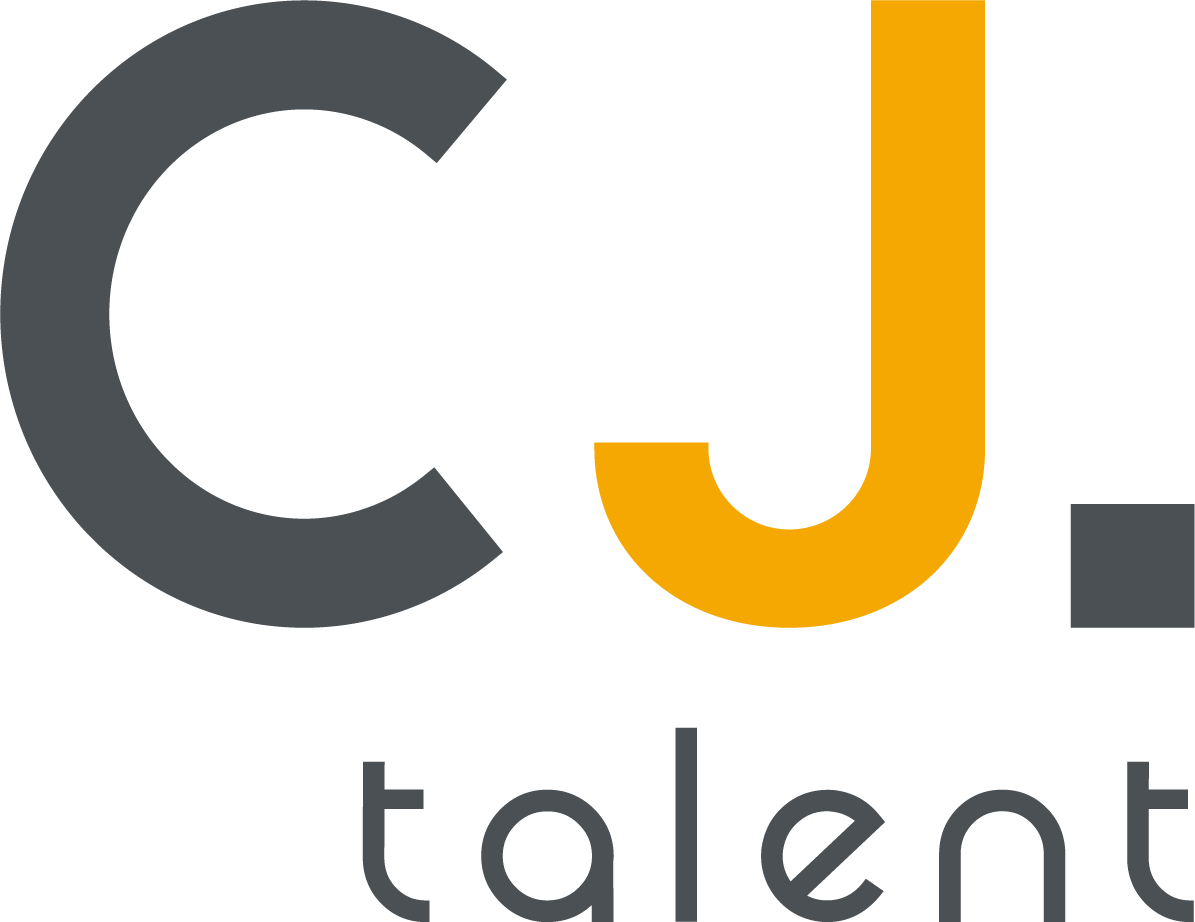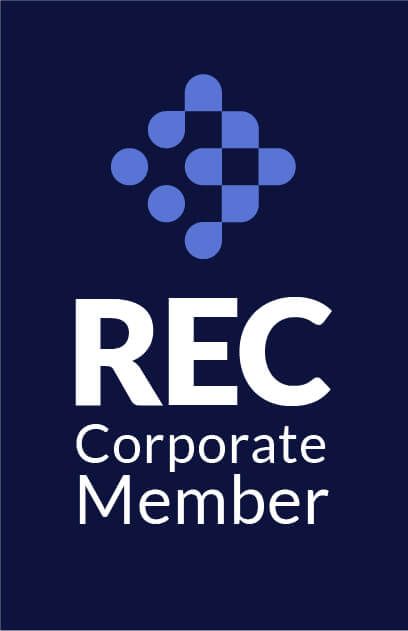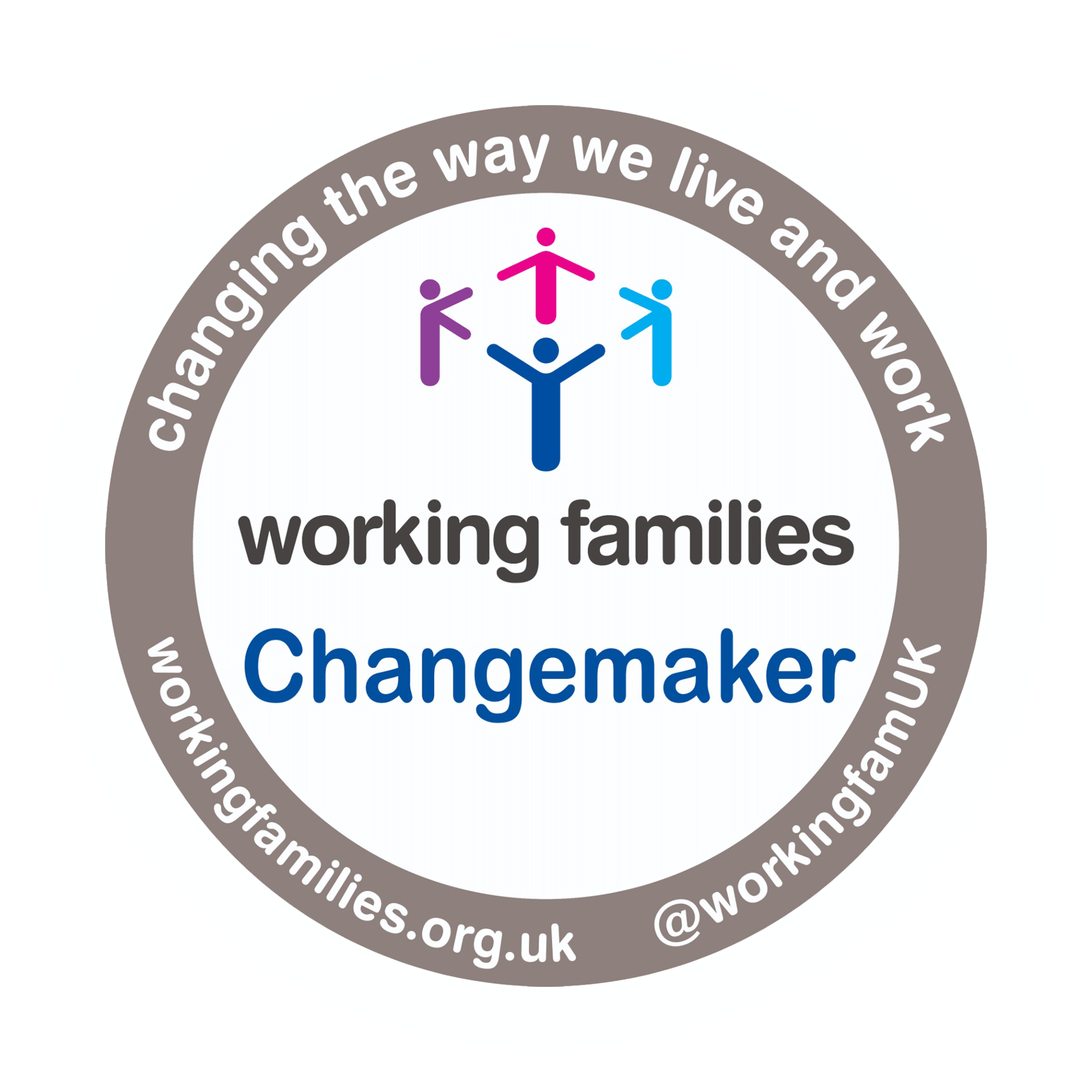There are many ways to advertise jobs these days. We look at the business case for using a recruitment consultancy and where they fit into the hiring ‘mix’.


Every business has their own way of hiring and their own process when promoting jobs, but there are times when a different solution or approach can be more cost-effective and less labour intensive.
Time, spend and resource are extremely valuable right now, especially for SMEs, or businesses where recruitment is commonly managed by the MD, so the need for more effective and targeted hiring is more important than ever.
However, during ‘leaner’ times there is a school of thought that using a recruiter can be more costly than managing the process in-house or using self-service job ad websites. But, when you start to look at time versus money, the ROI isn’t as clear cut as it seems.
On the surface of it, yes, it can make sense to keep it all in-house. According to research from Glassdoor, the average cost-per-hire in the UK is £3,000, so if budgets are tight then this can be a significant spend for an SME.
Combine these costs with the fact that the average length of the job interview process is 27.5 days, and you can see how it’s all starting to stack-up. It’s no surprise adding a recruiter to the mix may be a daunting prospect.
However, the research also highlighted that a key issue for 88% of hiring decision-makers is how they go about attracting high-quality, informed candidates, who are more likely to ‘buy-in’ to a business and who will be:
- Retained long-term
- More productive
- More engaged
Attracting informed candidates
For all employers, the whole point of recruiting is to find the best candidate for the job and one that will be a long-term employee who will be invested in, and the best fit, for your business.
In order to achieve this, there needs to be time, focus and consideration put into the job description and job ad. To get the right people means the brief has to resonate with them and make your business an attractive proposition for the best senior level candidates.
This is where the informed candidate becomes crucial. By informed, it means they have done their ‘due diligence’ on your business, they have questions around the brief and, like you, don’t want to waste time on unproductive interviews.
So, where do you find informed candidates?
At a more senior level, most informed candidates will look to work with recruiters, and the reason for this is that they are taking their next move just as seriously as you’re taking your next hire.
For example, at CJ Talent, we attract high calibre candidates, both male and female, who are looking to reframe their careers through part-time and flexible working. They aren’t looking for ‘easier options’, they are looking to work flexibly but with the same career aspirations.
With anything in life, we invest in specialists to help get us the product or service we need, and that is the same approach with the informed candidate.
Time, quality applicants and resource
If it’s quantity you’re after and you have the resource to sift through unqualified CVs, source and arrange interviews, then posting a job ad on a self-service website – or jobs board – is a good approach. If, however, time is at a premium, you may get better ROI by using a recruitment consultancy.
Reasons for using a specialist recruiter:
- Businesses only get qualified CVs
- They have established relationships with candidates and will immediately know the best fit for a role
- They reduce the time spent sifting through applications
- They have the ability to spot a great candidate that may not be immediately apparent to the ‘untrained’ eye
Recruitment costs in numbers
Finding the best candidate takes time. Even if you’re keeping it ‘in-house’, it’s a lengthy process, and this is when it’s time to start weighing-up time vs cost.
In this current climate, an average job ad will receive between 80 – 200 applications. Once the CVs are in and the ad deadline has passed, those applications will need to be sorted into a shortlist and unqualified list.
The ‘unqualified’ candidates will then need to be thanked and informed they have not been successful. A quick note here; not responding can impact brand perceptions, so do think carefully about this point if you choose not to reply.
Once you’ve created a shortlist, you then need to inform the successful candidates and arrange interviews.
From our calculations, in this current climate, we’ve estimated that just getting to the pre-interview stage will take around 40 hours, which is equivalent to two days of new business or an employee’s day rate over four days. Time you could have spent pursuing new business, keeping existing clients engaged, or meeting deadlines.
Yes, recruitment is time-consuming, but it boils down to whether it’s better to focus your time on interviewing a shortlist of informed candidates or carrying additional hours by running the whole process in-house.
To go back to the start of this piece, better informed candidates stay longer, engage from the outset and are much clearer on what they do or don’t want in a role. Therefore, you will only need to interview candidates who are truly focused on your business.
This may be an upfront expense, but the longer-term ROI and candidate expertise will far outweigh the initial outlay.
Want to know more about the benefits of flexible recruiting? Why not get in touch or learn more in our guide to flexible working for business growth.








